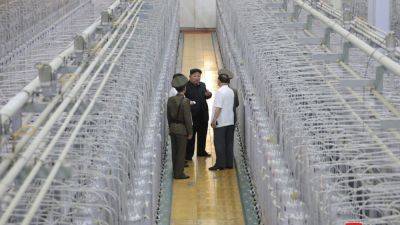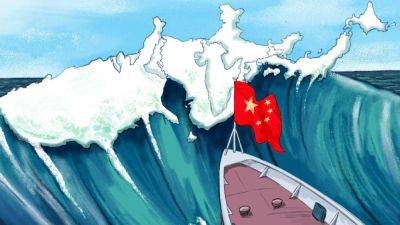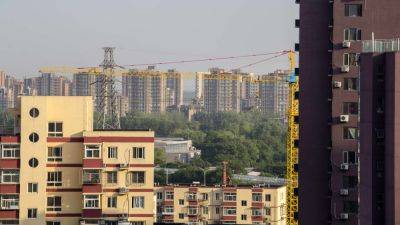Xi’s property fix has a local government problem
Xi Jinping’s most audacious attempt to revive China’s property crisis is running into an unexpected roadblock: local government leaders who seem not to have gotten the memo.
Headlines surrounding the efforts announced four months ago focused on 300 billion yuan (US$42.5 billion) of central bank cash being deployed to buy up unsold homes. But the real thrust of the scheme was prodding local authorities to hoover up excess housing supply by far greater amounts around the nation.
So far, though, fewer than 30 mainland cities out of the more than 200 Beijing hoped to incentivize have heeded the call. This raises a tantalizing question: Are municipal officials being delinquent, or is their inaction because they see a bigger picture that Xi’s team is missing?
It might be the latter, indeed. Granted, local government officials don’t tend to advance high in Communist Party circles by defying Beijing. On the contrary, municipal cadres tend to succeed by producing economic growth rates and development metrics above the national average.
Yet, odds are, local authorities grappling with aging workforces understand their balance sheets better than the staffs of Premier Li Qiang or Finance Minister Lan Foan in the nation’s capital.
And this Beijing-ordered property-buying binge may be colliding with the glut of local government financing vehicle (LGFV) debt already challenging city authorities around the nation.
A Bloomberg survey of 15 China analysts found that more than half think the nation’s property troubles may drag on another two to five years. If so, the deflationary forces bearing down on China could become far more ingrained.
And, as Japan continues to demonstrate even today, deflation gets harder and harder to eradicate over







